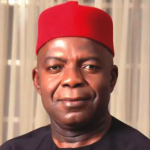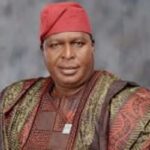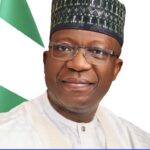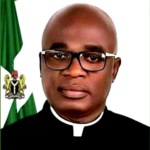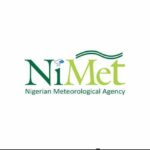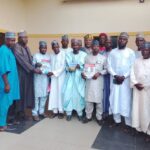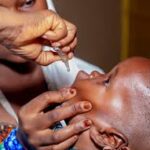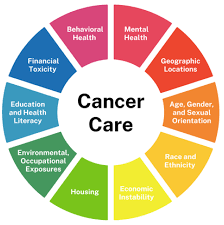By Justina Auta
The Federal Government has announced plans to establish additional cancer centres and enhance funding for cancer treatment to improve healthcare access and reduce burdens for patients across Nigeria.
Dr Iziaq Salako, Minister of State for Health and Social Welfare, said this at the 2025 International Cancer Week, hosted by the National Institute for Cancer Research and Treatment (NICRAT) in Abuja.
The event’s theme was “Redefining the Future of Cancer: Prevention, Access and Equity for All,” aligning with global efforts to close gaps in cancer care, especially in low-resource settings.
Salako, represented by Mr Wale Junaid, Special Assistant on Media and Strategy, said the government was reviewing recommendations from the Nigeria Impact Review Report to transform cancer care delivery nationwide.
He said reforms to the National Cancer Health Fund were underway to improve programme efficiency and impact, ensuring better outcomes for cancer patients and reducing treatment delays across the system.
“Additional cancer centres are being considered for establishment and existing ones are being upgraded to reduce patient loads and the rising burden of cancer nationwide,” the minister said.
Salako emphasised the importance of cancer prevention, equity, and access to healthcare, calling for improved strategies to ensure no Nigerian was left behind in the fight against cancer.
“President Tinubu is committed to ensuring every Nigerian, regardless of status, enjoys access to quality health services. On this promise, there is no going back until it’s fully achieved,” he stated.
Prof. Usman Malami-Aliyu, Director-General of NICRAT, revealed that more than 20 memoranda of understanding had been signed with global cancer experts since NICRAT’s inception two years ago.
“The first phase of the programme has equipped hospitals with cancer-related research tools and delivered capacity-building sessions to researchers within the country’s growing cancer ecosystem.
“NICRAT has also awarded N10million seed grants per project to successful researchers, promoting impactful, homegrown cancer research for evidence-based interventions,” he noted.
Dr Ibrahim Oloriegbe, Chairman of the National Health Insurance Authority (NHIA), highlighted the devastating physical, emotional and financial toll cancer imposed on patients and their families across socioeconomic classes.
He noted that even affluent Nigerians struggled to afford treatment, while late presentation of cases continued to drive preventable deaths, in spite of increasing knowledge and advancements in cancer care.
“Cancer is not a death sentence.
Prof. Anuja Jinghran, a radiation oncologist from MD Anderson Cancer Centre, U.S, stressed that cervical cancer was preventable but remained the fourth most common cancer affecting women globally.
Jinghran advocated for stronger HPV vaccination policies, improved access to screening, timely treatment of precancerous lesions, and greater advocacy to meet the World Health Organisation cervical cancer elimination goal.
Mrs Chioma Uzodinma, First Lady of Imo State and Chairperson of First Ladies Against Cancer (FLAC), called for an inclusive, sustainable approach to tackling cancer beyond isolated initiatives.
She said FLAC was focused on expanding community screening, raising awareness, and forging strategic partnerships to strengthen cancer care infrastructure and support systems across Nigeria. (NAN)(www.nannews.ng)
Edited by Ifeyinwa Okonkwo/Abiemwense Moru


